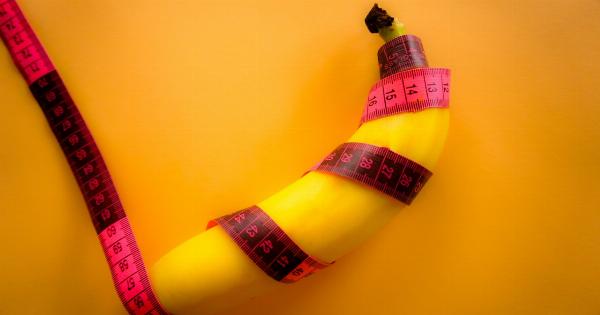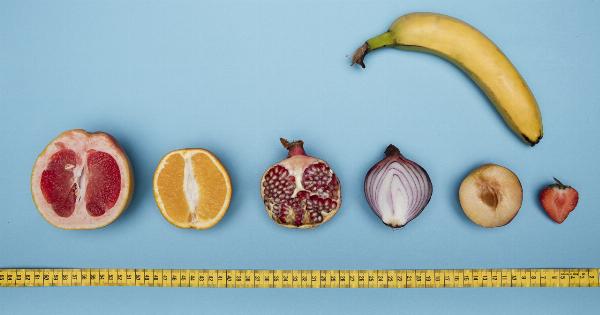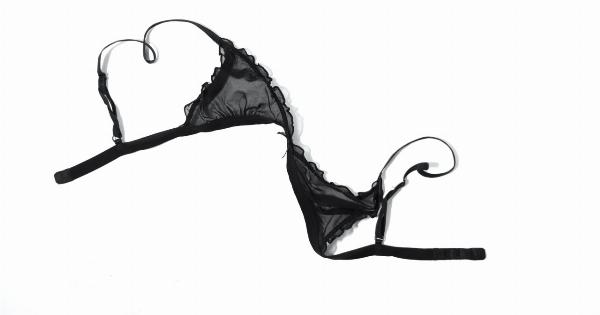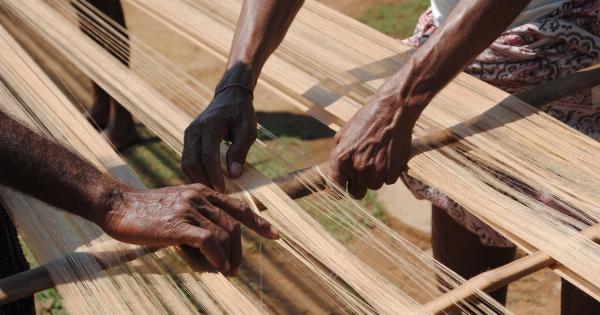Penis size is a topic of great interest and concern for many men. It is common for individuals to wonder if their penis size is within a normal range and if it changes with age.
In this comprehensive overview, we will explore the correlation between penis size and age, shedding light on various factors that can influence penis size throughout the lifespan.
Penis Size during Different Stages of Development
Penis size can vary considerably depending on the stage of development. During fetal development, the penis starts to form between the 7th and the 12th week of pregnancy.
However, it is difficult to make accurate determinations of penis size at this stage due to the limitations of measuring techniques. The penis continues to grow throughout childhood, with accelerated growth typically occurring during puberty.
Penis Size during Puberty
Puberty is a distinct period characterized by significant hormonal changes and sexual maturation. During this stage, the penis undergoes rapid growth and development.
The age at which individuals go through puberty may vary, but it commonly occurs between the ages of 9 and 14 in boys. This growth spurt typically results in an increase in penis size, both in length and girth.
Penis Size in Adulthood
Once an individual reaches adulthood, typically by their early 20s, their penis has generally reached its maximum size. However, it is essential to note that there is considerable variation in penis size among adult men.
The average flaccid penis length ranges from 2.8 to 3.9 inches (7 to 10 cm), while the average erect penis length ranges from 4.7 to 6.3 inches (12 to 16 cm). Furthermore, girth can also vary significantly.
Factors Influencing Penis Size
While age and development play a role in determining penis size, there are several other factors that can influence it. These factors include genetics, ethnicity, hormone levels, overall health and well-being, and body fat percentage.
It is important to remember that variations in penis size are normal and do not necessarily indicate any health concerns.
The Role of Microflora in Penis Health
Apart from size, the health of the penis is also crucial. The penile microflora refers to the community of microorganisms that naturally inhabit the penile skin.
These microorganisms play a vital role in maintaining the overall health and balance of the penile ecosystem. The penile microflora protects against harmful bacteria, assists in skin barrier function, and helps regulate inflammation.
The Importance of a Balanced Microflora
A balanced and diverse microflora promotes a healthy penile environment, while an imbalance can lead to various issues.
Poor hygiene, the use of harsh soaps or cleansers, or the overuse of antibiotics can disrupt the natural balance of microorganisms and increase the risk of infections, such as balanitis or yeast infections. It is crucial to maintain proper hygiene and avoid excessive cleaning of the penile skin to preserve a balanced microflora.
Ways to Support a Healthy Microflora
There are several steps individuals can take to support a healthy penile microflora. It is essential to refrain from using harsh soaps or cleansers on the penis and opt for mild, fragrance-free products instead.
Additionally, practicing safe sexual behaviors and using barrier protection can help reduce the risk of sexually transmitted infections that may negatively impact the microflora.
Consulting a Healthcare Provider
If you have concerns about your penis size or the health of your penile microflora, it is advisable to consult a healthcare provider. They can provide guidance, address any concerns you may have, and offer appropriate advice or treatment if necessary.
Conclusion
Penis size can vary at different stages of development and throughout adulthood. While age and development have some influence on penis size, it is essential to remember that there is no standardized “normal” size.
Additionally, maintaining a healthy penile microflora is crucial for overall penile health. By following proper hygiene practices and seeking medical guidance when necessary, individuals can support a balanced penile microflora and ensure optimal penile health.






















